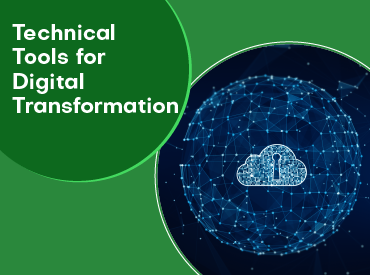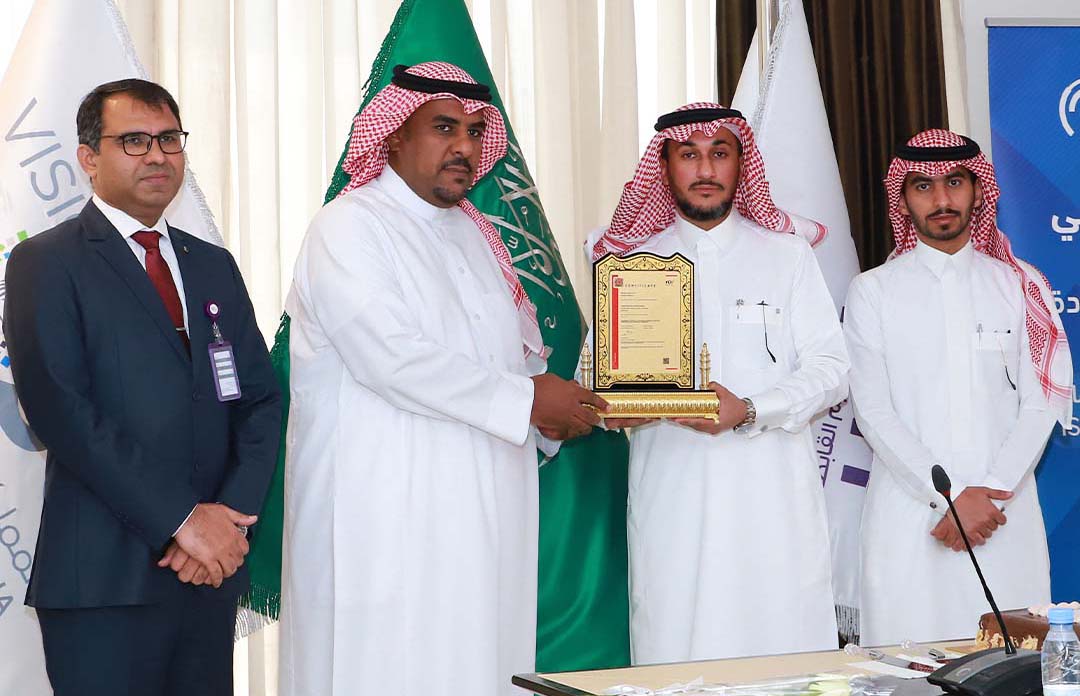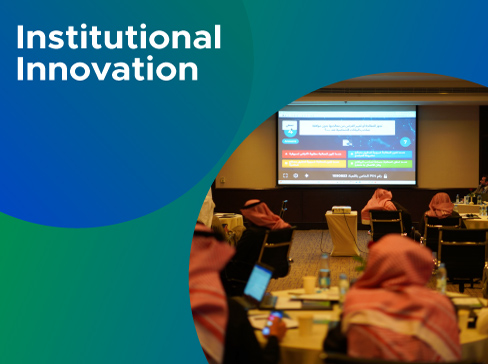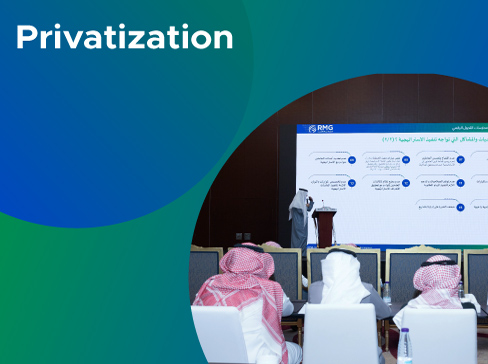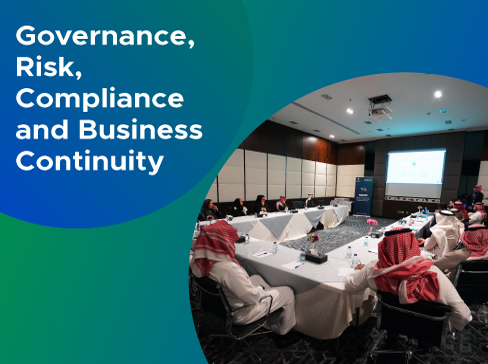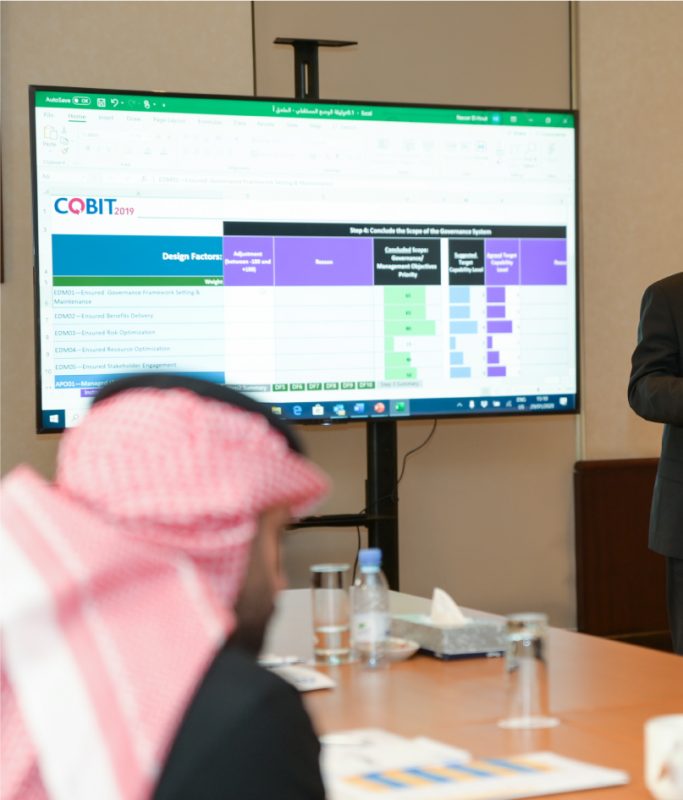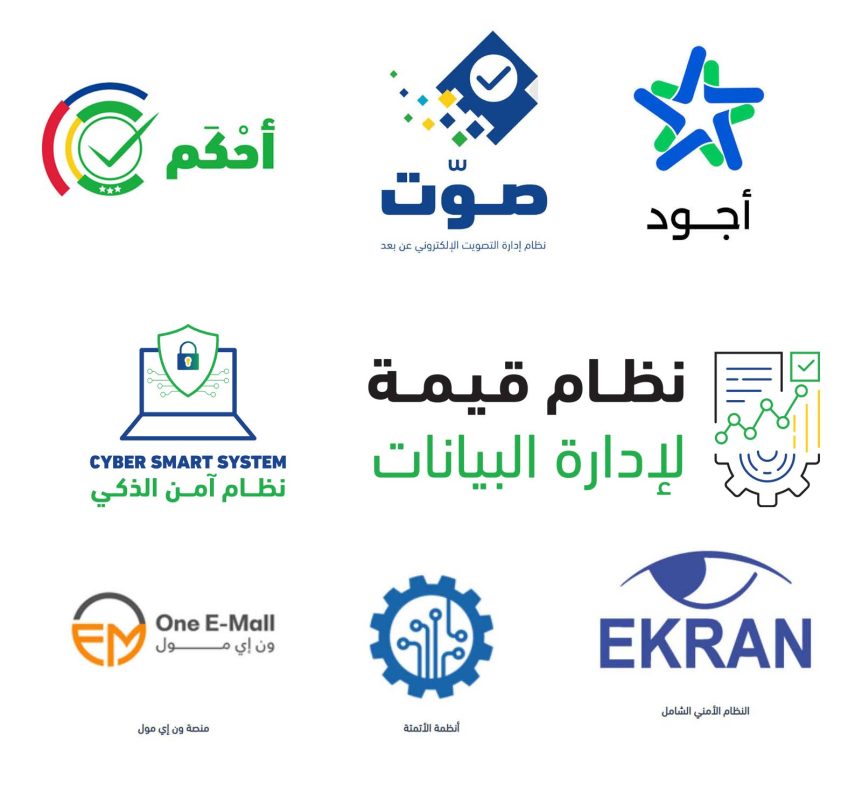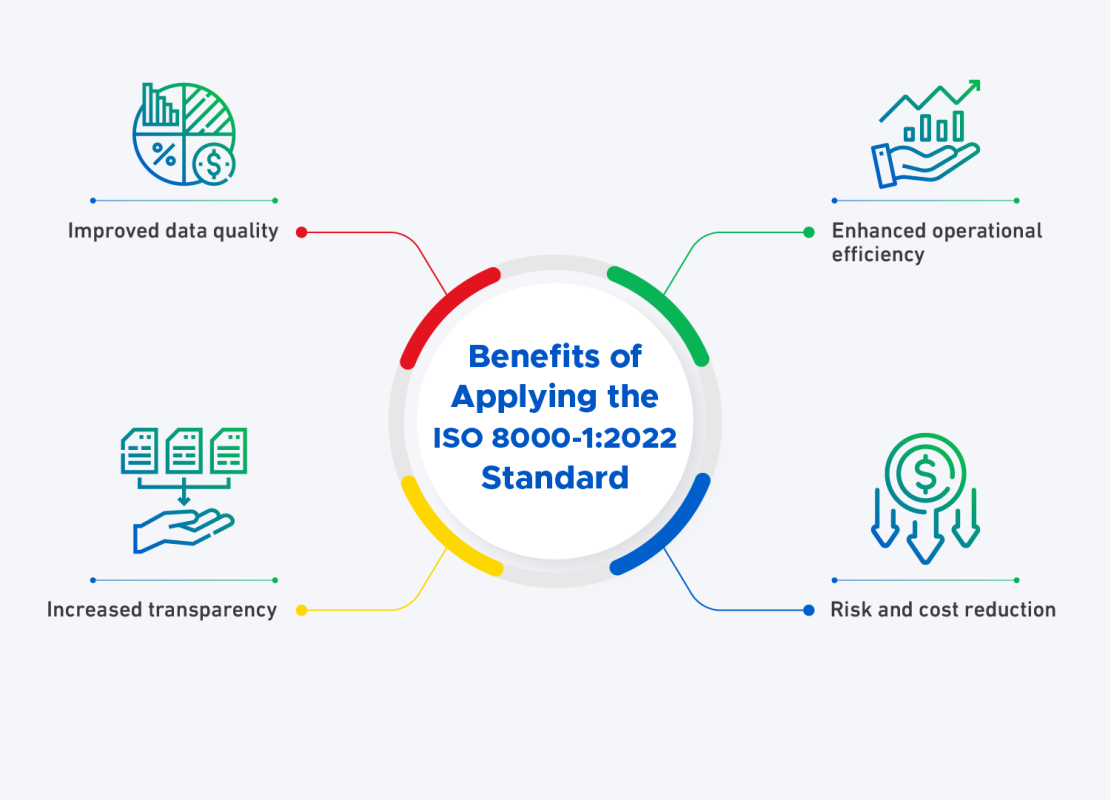The data quality management system (ISO8000)
The data quality management system (ISO8000)
ISO 8000 is a powerful tool for organisations to improve their data management and enhance the quality of data used in their operations. Regardless of the type of organisation or sector it belongs to, the standard provides important opportunities to improve organisational performance.
Implementing this standard is a crucial step in enhancing data management, quality, and operational efficiency.

For any inquiries, please contact us now.
Experts in ISO standards are available to provide tailored consultations in data management to help improve your business performance and achieve international standards.
What is ISO 8000?
ISO 8000 is an international standard related to data management in organisations. The standard aims to ensure data quality and that it is accurate, reliable, and consistent. The standard encompasses concepts such as defining data quality requirements and establishing policies and procedures to ensure compliance with these requirements.
Data accuracy, completeness, consistency, documentation, and integration with other industry rules and standards are all defined by the standard. Additionally, the standard includes procedures for data management, documentation, storage, and protection against damage or loss.
Some key principles of the standard include:
- Accuracy: The standard requires data accuracy, where recorded and stored data must be accurate, reliable, and consistent. This is achieved by defining data accuracy standards and ensuring the use of appropriate methods and procedures to verify data accuracy.
- Completeness: The data should be complete, containing all necessary information without any missing elements. This is reinforced by specifying the necessary requirements for data completeness and ensuring their availability at all times.
- Consistency: The standard aims to ensure data consistency, where the concepts and rules used in data identification and recording are coordinated and standardised. This is achieved by applying uniform standards and concepts for data management.
- Documentation: Data must be documented, and records should be provided to indicate the data source, its date, and any modifications made to it.
Integration: The standard aims to achieve data integration between different systems and applications, allowing data to flow smoothly and be exchanged between relevant parties without loss or disruption.
The steps for implementing ISO 8000 include:
Identifying the objectives and needs that need to be achieved through the implementation of the standard
Appointing a specialised project team familiar with the standard to execute the plans and ensure compliance with the required standards
Assessing the requirements of the standard and identifying the activities and processes that the organisation should implement to achieve compliance
Implementing the requirements according to the specified plan
Conducting periodic reviews to ensure compliance with the standard and achieve the desired results
Providing training and awareness to employees about ISO8000, its importance, and how to implement it
Conducting regular reviews to maintain ongoing compliance with the standard and achieve continuous improvement in the organisation's performance
ISO 8000 brings several benefits to organisations, including:
The standard helps enhance the quality of data used within the organisation, leading to better decision-making, improved processes, and reduced risks.
By providing accurate and reliable data, organisations can improve their operational efficiency, reducing time and resources wasted on corrections and rework.
The standard promotes organisational transparency by providing reliable data.
By improving data quality and ensuring compliance, organisations can reduce the risks associated with errors and deviations, resulting in cost savings.





